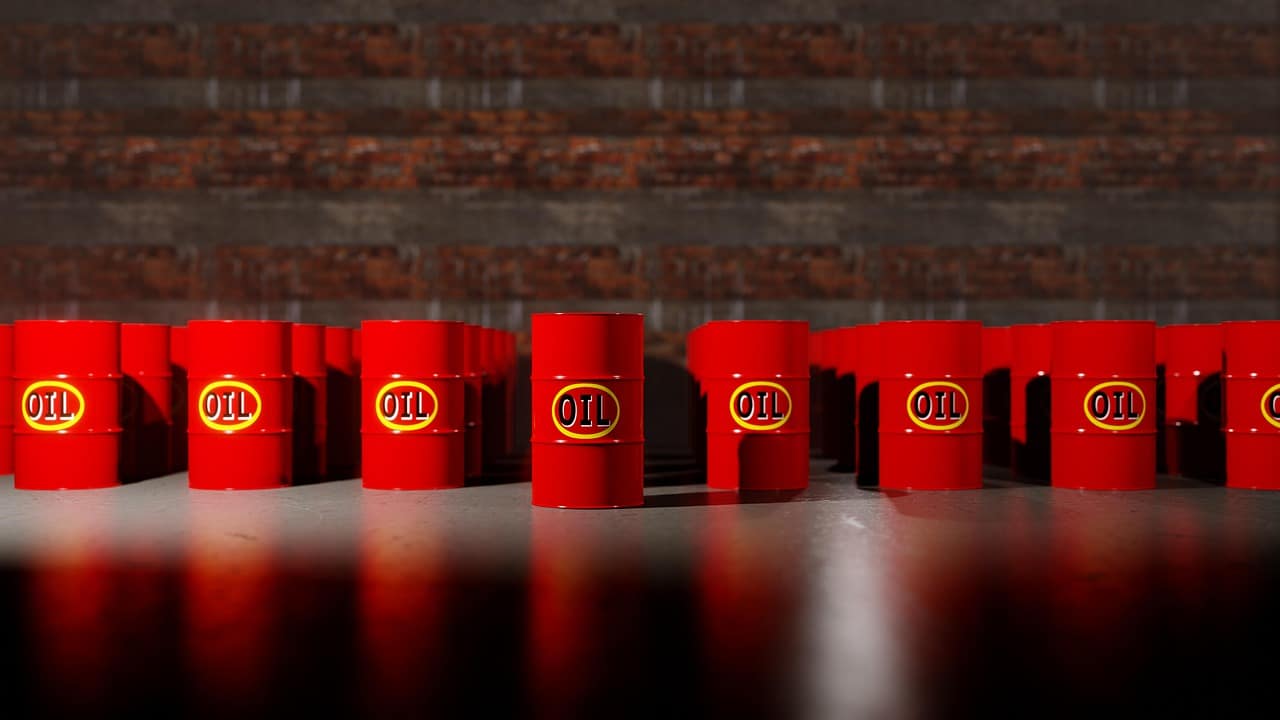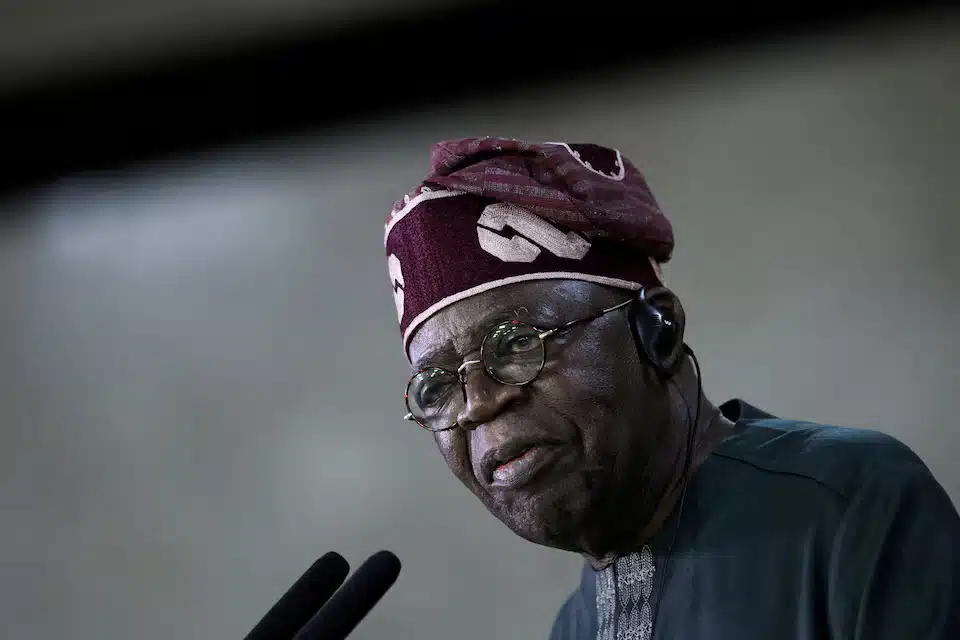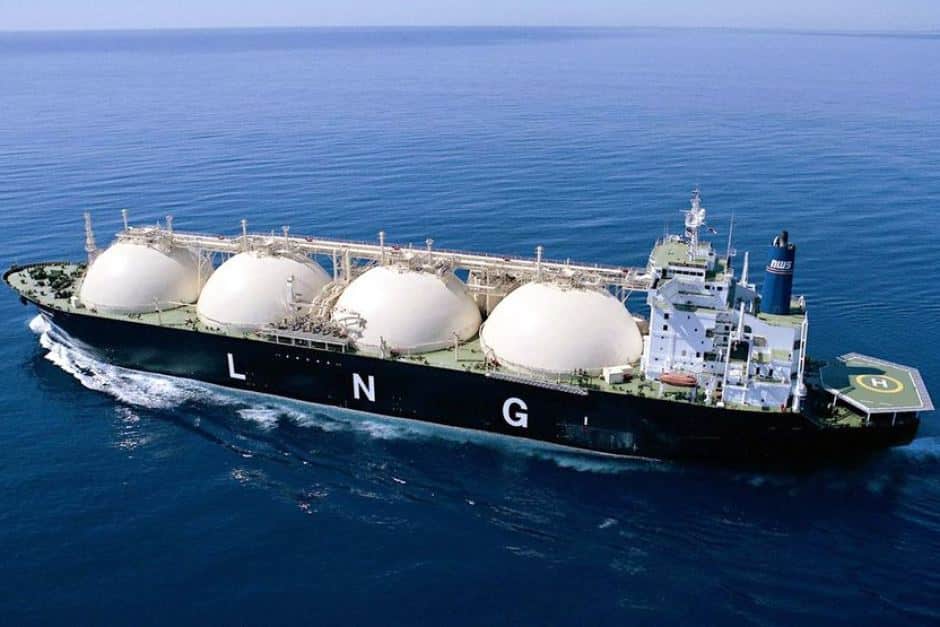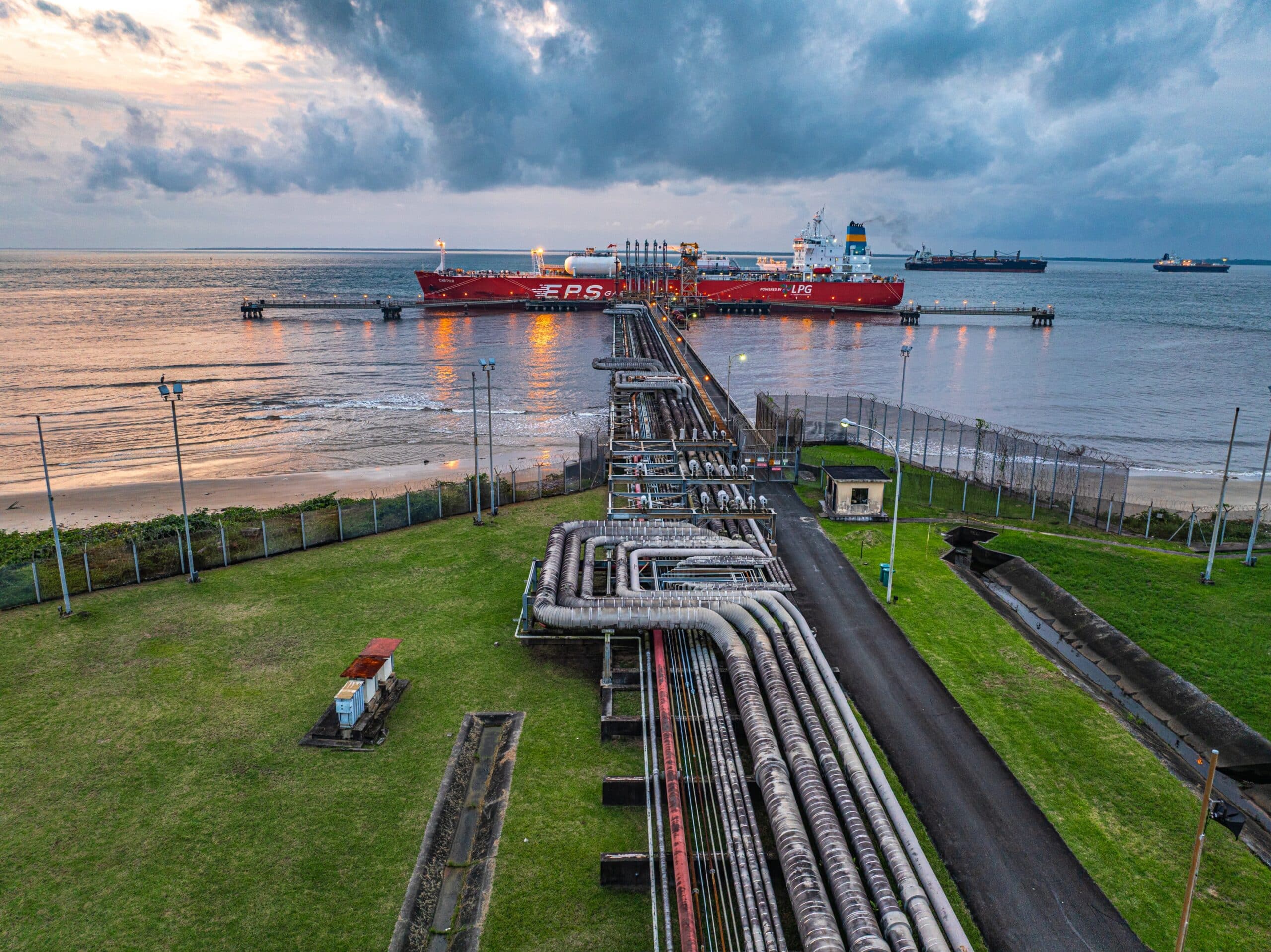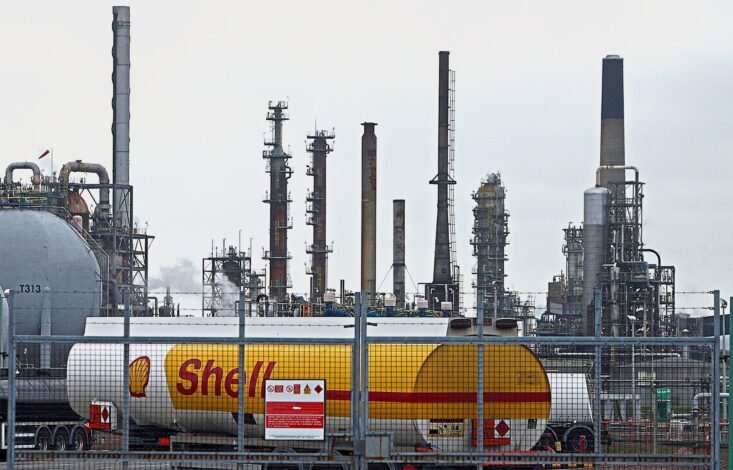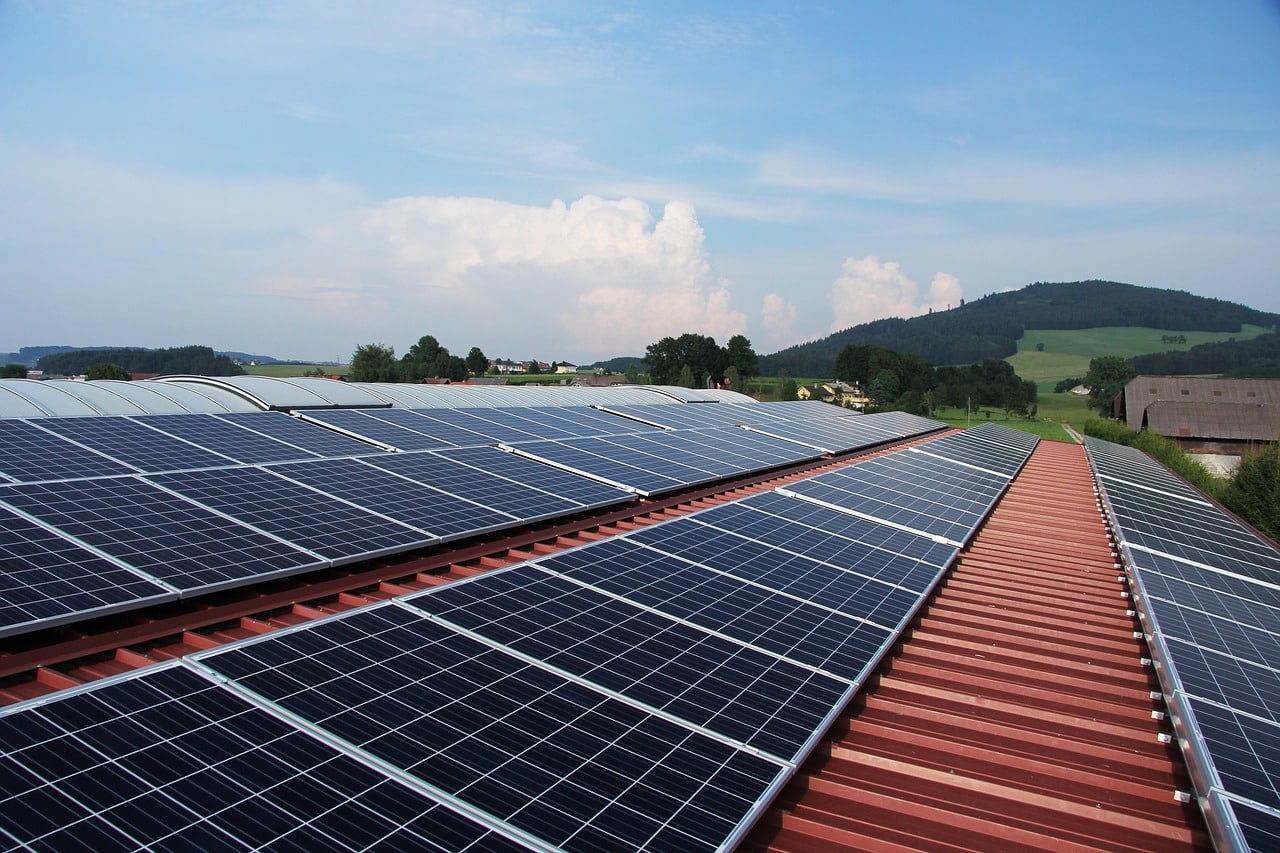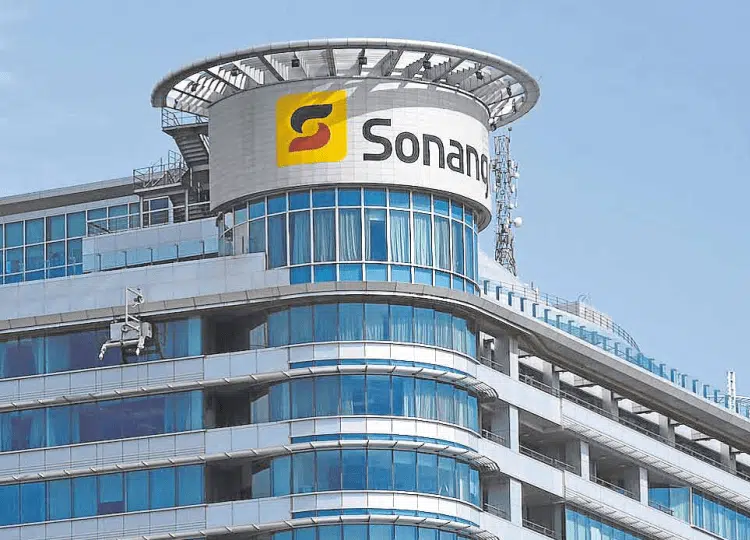When a region such as Asia, which accounts for about 40% of global daily oil consumption, faces disruptions from traditional suppliers like the Persian Gulf and Russia, the consequences are predictable.
The gap has to be filled by other sources elsewhere.
And that is currently playing out in the petroleum market as the U.S. President Donald Trump pressures Asian countries like India and China to stop buying Russian crude.
These policies have disrupted crude supplies, raised geopolitical uncertainties, and reshaped global oil flows.
Asian countries don’t want to fall behind, so they’re diversifying their supply chains.
As a result, Asian refiners are increasingly turning to suppliers from the Atlantic Basin, including Nigeria, Brazil, and the US, whose crude is more attractive due to improved shipping and arbitrage economics.
For example, Indian state refiners like Indian Oil Corp (IOC) and Bharat Petroleum Corp (BPCL) have secured at least 22 million barrels of non-Russian crude for delivery in September and October 2025.
According to a Reuters source familiar with the purchases, BPCL, India’s second-largest state refiner, booked 9 million barrels of that volume.
This marks a significant shift for a country whose refiners were largely absent from the spot market since Russia invaded Ukraine in 2022.
Following the invasion, India and China became major buyers of cheaper Russian crude, but they seem to have paused this strategy in July after President Trump threatened “secondary sanctions” on the Kremlin, prompting them to seek alternative supplies.
Asia is seeking more Nigerian crude
Nigeria is one of the few African crude oil producing countries that is benefiting from an unexpected demand surge from Asian refiners.
Although India’s crude imports from African countries had already more than doubled month-on-month in February to 330,000 barrels daily, the trend has continued.
In March, India’s IOC lifted 2.5 million barrels of oil from Nigeria, comprising 2 million barrels of Okwuibome crude and 500,000 barrels from the Akpo field.
The Indian refiner reached another deal in August to buy a further 1 million barrels of Nigeria’s Agbami crude billed for September delivery.
Similarly, other countries like China, Thailand, Indonesia and Pakistan are also seeking supplies from Nigeria.
The Pakistani state-owned refinery PRL also ordered 500,000 barrels of Bonny Light crude oil in September. The supply will be delivered by Vitol,
Brazil’s crude oil is also being chased
Since February when the US began its tariff campaign against China, Beijing has increasingly turned to Brazil for crude.
According to Vortexa analyst Emma Li, Chinese imports from Brazil are reported to have reached nearly 800,000 barrels daily, the highest volume in at least 8 months.
That same month, Kpler data had also revealed a 49% increase month-on-month in Brazilian crude purchase by China, as well as a 36% rise month-on month in Angolan oil.
Traders and analysts said more cargoes were likely to flow from these regions to China in March and April, given the uncertainty and risks associated with sanctioned oil.
A recent news report showed that India’s IOC alone has also purchased 2 million barrels of Brazilian crude oil alongside U.S. Mars crude and Libyan grades.
Although the prices aren’t immediately clear, it says Totsa (the trading arm of TotalEnergies) sold the 2 million barrels of Brazilian Sepia and Sururu crude billed for delivery next month.
This trend all goes to tell how geopolitical dynamics, especially logistics concerns linked to Middle Eastern and Russian flows, are making the world’s biggest oil consumers like India and China diversify their import sources.

